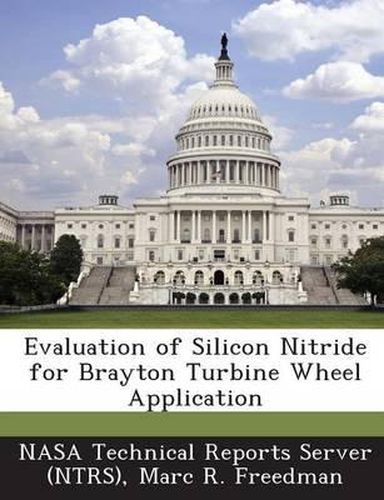Readings Newsletter
Become a Readings Member to make your shopping experience even easier.
Sign in or sign up for free!
You’re not far away from qualifying for FREE standard shipping within Australia
You’ve qualified for FREE standard shipping within Australia
The cart is loading…






Silicon nitride (Si3N4) is being evaluated as a risk-reduction alternative for a Jupiter Icy Moons Orbiter Brayton turbine wheel in the event that the Prometheus program design requirements exceed the creep strength of the baseline metallic superalloys. Five Si3N4 ceramics, each processed by a different method, were screened based on the Weibull distribution of bend strength at 1700 F (927 C). Three of the Si3N4 ceramics, Honeywell AS800, Kyocera SN282, and Saint-Gobain NT154, had bend strengths in excess of 87 ksi (600 MPa) at 1700 F (927 C). These were chosen for further assessment and consideration for future subcomponent and component fabrication and testing.
$9.00 standard shipping within Australia
FREE standard shipping within Australia for orders over $100.00
Express & International shipping calculated at checkout
Silicon nitride (Si3N4) is being evaluated as a risk-reduction alternative for a Jupiter Icy Moons Orbiter Brayton turbine wheel in the event that the Prometheus program design requirements exceed the creep strength of the baseline metallic superalloys. Five Si3N4 ceramics, each processed by a different method, were screened based on the Weibull distribution of bend strength at 1700 F (927 C). Three of the Si3N4 ceramics, Honeywell AS800, Kyocera SN282, and Saint-Gobain NT154, had bend strengths in excess of 87 ksi (600 MPa) at 1700 F (927 C). These were chosen for further assessment and consideration for future subcomponent and component fabrication and testing.